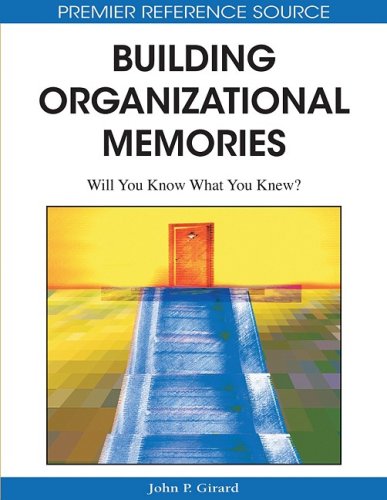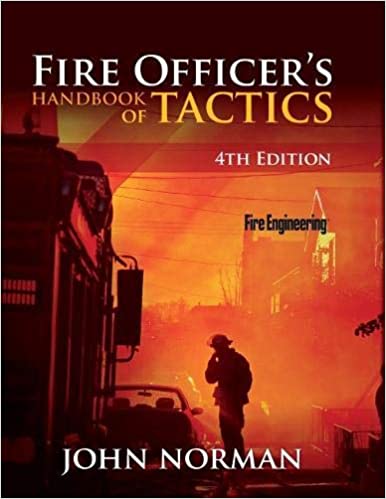موضوعات
آموزش و پرورش
ادبیات و زبان
پزشکی، دندانپزشکی و داروسازی
تاریخ و جغرافیا
داستان و رمان
دیگر
دین و فلسفه
روانشناسی
ریاضیات و آمار
سلامتی، تناسب اندام و رژیم غذایی
شیمی و پلیمر
علوم اجتماعی و حقوق
علوم زیستی و بیوتکنولوژی
فیزیک و نجوم
کامپیوتر و اینترنت
کتابهای کودکان و داستان
کسب و کار و اقتصاد
کشاورزی و دامپزشکی و غذا
معماری
مهندسی و فناوری
هنر و تئاتر
محصولات
Building Organizational Memories: Will You Know What You Knew? (Premier Reference Source) - Original PDF
نویسندگان: خلاصه: Much has been written about how organizations create and exchange knowledge to achieve a competitiveadvantage. To date most researchers have concentrated on the present and how organizational leadersmay use knowledge to create value today. This book builds on the many great works in the knowledgemanagement domain; however, it is unique in that the focus will be on what leaders should be doingnow (or soon) to ensure the next generation of organizational leaders know what they knew.The following is a real-world example of why this area of research is important; there are many morereasons articulated in the pages ahead. During an interview on CBS News on September 11, 2006, NewYork Fire Department Deputy Fire Chief John Norman described the unfathomable loss of life of theDepartment’s Special Operations Command five years earlier. On that tragic day, September 11, 2001,Special Operations Command lost 95 men – totaling 1600 years of experience. This is simply unimagi-nable when one considers this specialized unit pioneered techniques for urban rescue and terrorist at-tacks. Surely, it would be impossible to reconstitute the unique and vital knowledge of these brave men.Au contraire, Norman’s team proved that they had plans in place to quickly rebuild their team and onceagain become the best in world. Five years later the knowledge loss was virtually unnoticeable as theteam responded to 50 calls (Pitts, 2006).This story is not meant to demean the heartbreaking loss of very brave men, but rather it is to com-memorate the outstanding leadership, courage, and culture of a team that would not give up. Fortunately,most organizations do not have to suffer the tragic loss that Norman described, but perhaps we can learnfrom their tragedy. Virtually all organizations must deal with organizational memory loss to varyingdegrees. Could your organization rebuild from such devastation?Regrettably, organizational memory loss is not new, consider:One horrible day 1,600 years ago, the wisdom of many centuries went up in flames. The great libraryin Alexandria burned down, a catastrophe at the time and a symbol for all ages of the vulnerability ofhuman knowledge. The tragedy forced scholars to grope to reconstruct a grand literature and sciencethat once lay neatly cataloged in scrolls. (E. Linden, 1991)The message is clear; organizations must develop a strategy to maintain the intellectual capital thatmakes them unique. To be sure, most organizations cannot capture all of their tacit and explicit knowl-edge; however, that is not necessary and perhaps not even desirable. Rather organizational leaders mustput in place the tools and techniques to ensure that mission critical knowledge is maintained for thenext generationآیا کتاب مورد نظر هنوز بر روی سایت قرار نگرفته است؟ جای نگرانی نیست! کافی است بر روی گزینه سفارش کتاب کلیک کرده و درخواست خود را ثبت کنید. در کمتر از چند ساعت کتاب شما را آماده خواهیم کرد.

